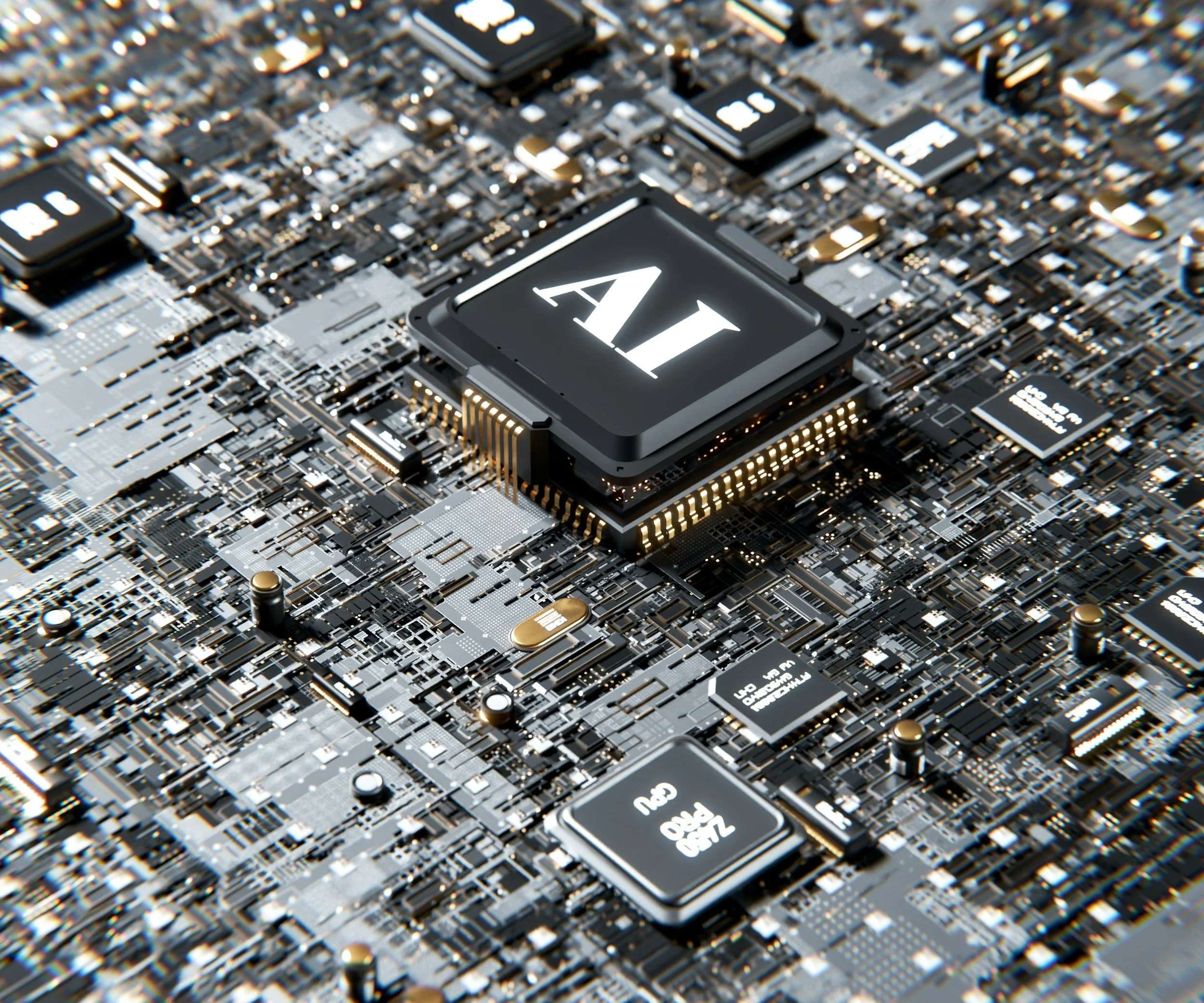How AI does More Harm than Good
Image from Unsplash
By Megan Anderson
AI has become almost unescapable in daily life. It is starting to be found in everything from entertainment to healthcare to space exploration. AI can be considered helpful but there’s so many downsides that outweigh any helpfulness it has. Did you know that AI produces 2.5-3.7% of global greenhouse gas emissions? This may seem like a small percentage, but AI produces more global greenhouse gas emissions than the aviation industry (aviation industry produces 2%). Not only is AI already producing 2.5-3.7% of greenhouse gas emissions, but it is expected to increase by a staggering 15% annually. It’s clear that the energy it takes to run AI is not worth it. Life worked fine before AI was heavily implemented into our society, so why is it that people are allowing and defending this immense number of emissions to run something that isn't a necessity? Especially during these vital moments, when we need to be reducing our carbon footprint. AI is also an extreme global consumer of water, which is starting to become scarce in several places.
Golestan (Sally) Radwan said: “There is still much we don’t know about the environmental impact of AI but some of the data we do have is concerning”
Although there is an argument that AI may reduce more emissions than it produces by 2030 (according to research from LSE and Systemiq), but there is no guarantee. Plus, this research only focuses on three sectors and doesn’t account for potential system wide-spillovers or rebound effects. So, the question is, is it worth it to risk waiting until 2030 just to see if it reduces more global gas emissions than it produces? Or is it better to put a stop to its gross emissions sooner rather than later?
Image from Unsplash
AI also has many moral issues. Varying from AI creating/generating art to AI creating/generating graphic content. People can use AI to create practically anything they want. Some people may consider this to be a good thing, but others and I consider this ability to be destructive for society. Having this ability is causing humans to lose the thing that gives them purpose (creating art). This goes for so many arts too, not just animation. AI affects the acting industry, the music industry and the media. What is the point of art being generated by AI when it can have so much more meaning when created by a human? Not only can it create ‘art’, but it can also create graphic and illegal content. This is extremely dangerous for society; there have been incidents of AI creating CSAM (child sexual abuse imagery). The Internet Watch Foundation said the number of CSAM AI reports had doubled over the past year. The fact that this content can be created is extremely concerning and just proves how destructive it can be. If AI is going to be integrated within society, then it must have strict laws around what it can produce and how easily it can be accessed. I personally see no reason as to why the average person would need access generative AI. Also, for the most part AI hasn’t been used for anything beneficial. Sure, people can be entertained by AI, but it is not worth the downsides. People are losing their critical thinking skills and aren’t realising how much AI is the cause of it. A study by Micheal Gerlich at Swiss Business School found that the increasing dependence on AI links can diminished critical thinking abilities. Many people don’t realise how damaging this could be towards society and students, when encouraged to use AI to help with their studies.
So yes, AI has its benefits but if you look at it from a moral and environmental point of view, you should realise how much is lost when AI is implemented. Many jobs can be lost from it, and people are losing a big part of the human experience with all this automatically generated art. It is clear if AI is going to be a big part of society, then there must be laws and restrictions with what it can do. I believe that it should be heavily restricted for public use, to help protect people from its dangers.


